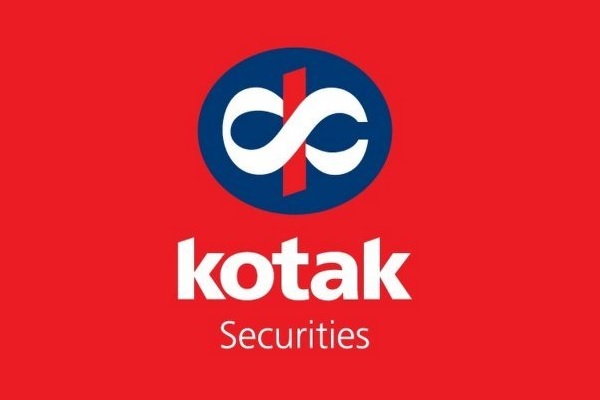Value Investing vs Growth Investing: Which Strategy is Right for You?

The world of investment is filled with time-tested strategies that seasoned investors successfully employ to grow their portfolios. Each of these strategies comes with a unique set of risks and rewards that suit different types of investors. Thus, it is crucial to select an investment approach that aligns with your specific goals and requirements.
In this article, we will delve into two of the most popular investment strategies - value investing and growth investing. We will thoroughly examine the pros and cons of each method to assist you in making a well-informed decision.
However, to learn more about other similar investing strategies and techniques on optimising your stock market returns, you can visit Angel One’s Knowledge Centre. You'll find a variety of modules that cover relevant investment concepts, terms, and practices that help you make informed investment-related decisions.
For now, let’s get to know these two investment strategies better.
Value Investing
Value investing is a strategy aimed at long-term investment success. It involves purchasing stocks of companies that are fundamentally stable when their prices are trading below their intrinsic value. This approach is based on the belief that stock prices often fluctuate in response to short-term news, but in the long run, they will eventually align with the company's underlying fundamentals. The price-to-earnings (P/E) ratio is commonly used as an indicator to assess whether a stock is undervalued.
Here are a few pros and cons to consider when it comes to value investing.
Pros
* Power of Compounding: Value investing can yield significant returns over time when you reinvest your earnings and dividends, allowing your profits to compound exponentially
* Low Risk and Volatility: By adopting the buy-and-hold approach of value investing, you can avoid getting into the cycle of impulsively selling and repurchasing stocks based on emotional reactions.
Cons
* Requires Analysis and Patience: To be proficient in picking the right stocks, you need both time and effort. And seeing the results of all your hard work will demand a great deal of patience
* Calculating Intrinsic Value is Tough: Assessing intrinsic value can be a big challenge. Your research and judgement will play an important role in deciding if a company's stock is undervalued and worth purchasing.
Growth Investing
Growth investing is also a long-term investing strategy. It focuses on investing in the stocks of new and small companies. The aim is to target young companies with high earnings
growth rates that exceed the industry average. By investing in these emerging stocks, investors may potentially yield impressive returns. However, one thing to note is that such investments often carry a relatively high level of risk. As a growth investor, you can use key financial ratios such as the price-to-earnings-to-growth (PEG) ratio and return on equity (ROE) to assess a company's future growth potential.
Here’s a closer look at the pros and cons involved in growth investing.
Pros
* High Returns: By investing in growth stocks, you have the potential to amplify your returns. Due to price appreciation and the power of compounding, you may experience impressive returns over the long term.
* Beats Inflation: Inflation can erode the purchasing power of your money over time, but growth stocks have a reputation for outpacing inflation. With the potential to generate high returns, investing in growth stocks can help preserve your wealth and stay ahead of rising prices.
Cons
* Highly Volatile: Growth stocks are known for their frequent price fluctuations. While they offer the potential for significant gains, they also expose investors to higher levels of risk.
*Unproven Track Record: Investing in growth stocks of newly established companies can be challenging due to the lack of historical data, making it harder to make informed investment decisions.
Wrapping Up
Now that you know about both investing strategies in detail, it brings us to the ultimate question - which one is right for you? While value stocks tend to be more stable but offer lower returns over time, growth stocks can be volatile but potentially provide higher returns.
In the end, your decision should be based on your financial objectives and personal preferences. If you're interested in learning more such strategies, Angel One's Knowledge Centre is a great resource where you can explore a wide range of investment techniques. You can gain a comprehensive understanding of everything from investing in stocks and mutual funds to applying for IPOs, all in one convenient place. Click here to visit.
Views express by all participants are for information & academic purpose only. Kindly read disclaimer before referring below views. Click Here For Disclaimer

















